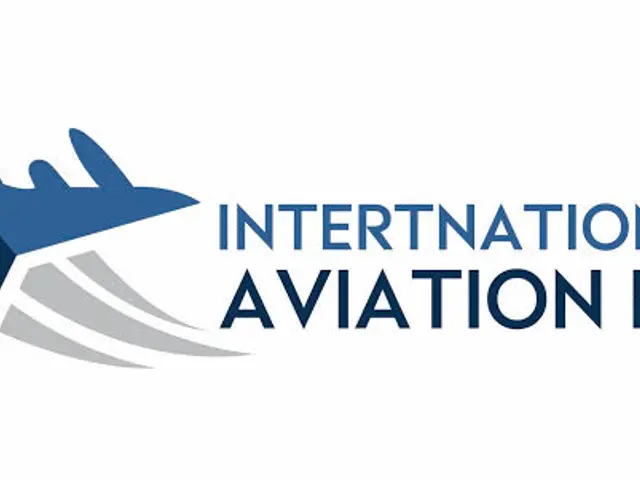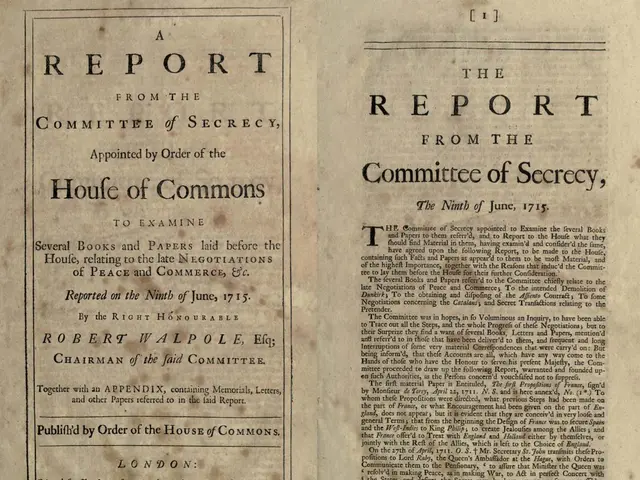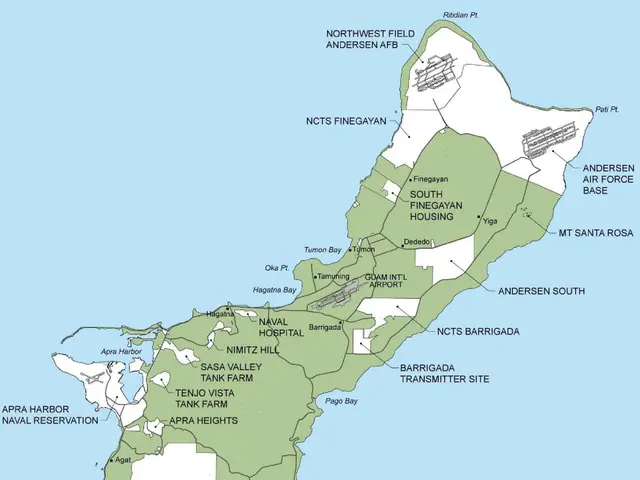Cross-border traders from Thailand and Cambodia back national security, despite encountering commerce disruptions.
Border Closure Hits Trade Between Thailand and Cambodia
Things are tense at the Thai-Cambodian border as traders face financial losses due to the ongoing border dispute.
The recent shutdown of checkpoints between Thailand and Cambodia is set to cause a 10-20% decline in trade, according to Prakob Chaisongkram, a trader at Yongsanguan Group in Ubon Ratchathani.
Cambodian merchants have been hesitant to purchase Thai products, fearing they won't be able to transport them across the border, he explained. Meanwhile, Thai traders have slowed down shipments to Cambodia.
Despite these setbacks, local traders remain supportive of national security efforts, Chaisongkram said. Their hope is for swift resolution and clarity on the situation.
"Residents in villages near the Thai-Cambodian border have been asked to evacuate. Cross-border trade with Cambodia is expected to diminish significantly," he added.
The situation has been tense since the beginning of the month, and the checkpoint closure affects more than just Thailand. It carries significant consequences for Cambodians as well, Chaisongkram noted.
The Ubon Ratchathani Chamber of Commerce's senior chairman, Mongkol Chulthat, commented that the border region is now heavily guarded by military personnel. The closure has primarily affected large-scale business-to-business enterprises dealing in consumer goods, as Cambodian traders typically purchase goods for resale, while Thai traders procure lower-value goods from Cambodian villagers.
However, the disruption hasn't significantly impacted small-scale Thai traders in the area. "The private sector, government, and military are working together to address long-standing border issues," Mongkol explained. He noted that the situation remains uncertain, but the formal announcement of checkpoint closures provides a clear measure for safety.
Local residents understand the necessity of the measures and are prepared to face challenges.
Related- Turmoil at Sa Kaeo border checkpoint following change in operating hours- Directors of border schools empowered to cancel classes if fighting erupts- Burapha Taskforce shortens operating hours at five Sa Kaeo border checkpoints
Enrichment insights:
This border dispute between Thailand and Cambodia has put a significant strain on trade, with over $5.2 billion in exports from Thailand to Cambodia in 2024 and bilateral trade reaching $4.29 billion. The closure and subsequent trade disruptions threaten this bilateral trade, with early 2025 data showing Cambodian exports to Thailand dropping by 2.9%, while Thai imports increased by 9.4%, exacerbating Cambodia's trade deficit. This imbalance suggests that Thailand would suffer significantly from reduced trade.
The agricultural sector and tourism industry are also at risk due to stricter border checks and potential drops in visitor numbers from the row.
Strategic border management that facilitates smooth cross-border commerce while addressing security concerns is crucial for maintaining trade flows. Meanwhile, investors might shift focus to sectors less exposed to border disruptions such as infrastructure projects or sectors with less reliance on cross-border trade. Diplomatic efforts between both countries are ongoing, with Thailand using bilateral mechanisms and Cambodia seeking international mediation through the International Court of Justice.
The border closure not only affects the trade industry but also impacts other sectors such as agriculture and tourism, resulting in potential financial losses for both countries. Infrastructure projects may become more appealing to investors as they face less exposure to border disruptions, while the health sector could experience strain due to the increasing complexity of cross-border commerce. The strict border checks could also impact the sporting events and businesses that rely on widespread travels between Thailand and Cambodia. Simultaneously, there's an ongoing concern over the country's economy, with stakes high for both the private and public sectors, as well as the transportation and finance industries, as they navigate the uncertainty and strive for resolution.




